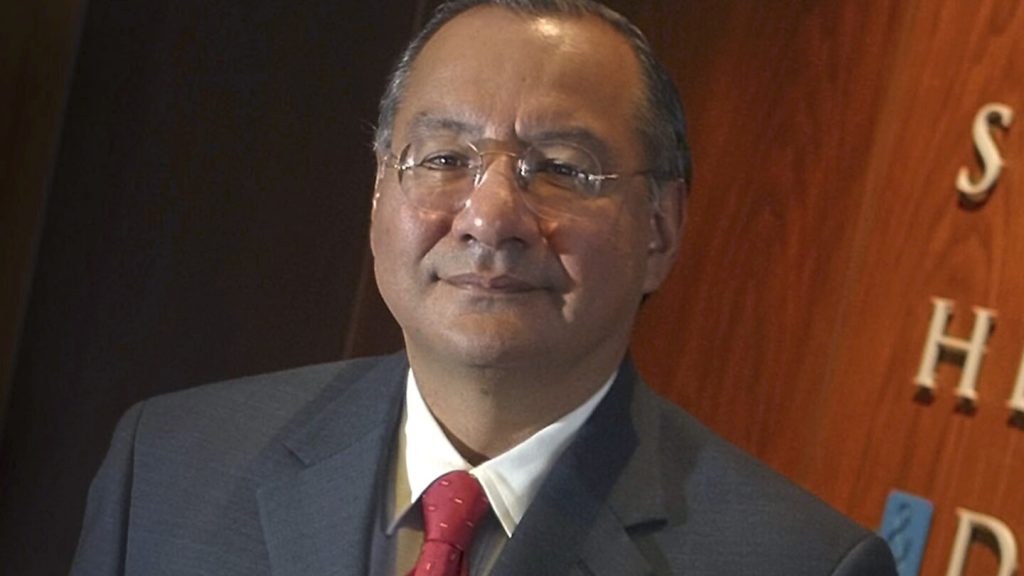Former U.S. diplomat Manuel Rocha was sentenced to 15 years in federal prison after admitting to working as a secret agent for communist Cuba. The plea agreement includes a $500,000 fine and cooperation with authorities. Rocha pleaded guilty to conspiring to act as an agent of a foreign government, leading to the dismissal of several other charges. The sentencing marked the end of a swift criminal case and prevented a trial that would have shed light on Rocha’s actions for Cuba while working for the U.S. State Department.
Details of Rocha’s espionage activities remain classified, and the government has been conducting a confidential damage assessment. The State Department stated its commitment to working with the intelligence community to evaluate the foreign policy and national security implications of the charges. Rocha was arrested in Miami, where he had engaged in clandestine activities for Cuba since 1981. This case exposed the sophistication of Cuba’s intelligence services and revealed Rocha’s manipulation of U.S. officials with false information.
The Associated Press investigation found red flags that were overlooked in Rocha’s case, including a warning received by a CIA operative two decades ago about Rocha working as a double agent. The CIA had been aware since 1987 of a “super mole” within the U.S. government, leading to suspicions that it was Rocha. With a prestigious career in diplomacy, including ambassadorial roles and top posts, Rocha was considered a Trump supporter and Cuba hardliner, using this persona to conceal his true allegiances to Cuba’s intelligence agency.
An FBI investigation into Rocha was initiated many years after his retirement from the foreign service, following incriminating conversations with an undercover agent posing as a Cuban intelligence operative named “Miguel.” Rocha spoke highly of Castro, criticized the U.S. as the enemy, and boasted about his service as a Cuban mole for over 40 years. The plea agreement drew criticism from Miami’s Cuban exile community, expressing concerns that Rocha might receive a lenient sentence. Demonstrators outside the federal courthouse expressed feelings of betrayal and disappointment in Rocha’s actions.
The sentencing of Manuel Rocha highlights the complexities of espionage and the impact of individuals serving as double agents for foreign governments. The case reveals the vulnerabilities within the U.S. government in detecting and preventing such betrayals. As the nation grapples with national security threats and intelligence breaches, the Rocha case serves as a reminder of the ongoing challenges in safeguarding critical information and maintaining the trust of the public. The repercussions of Rocha’s betrayal continue to resonate within diplomatic circles and underscore the need for heightened vigilance in identifying potential threats to national security.


